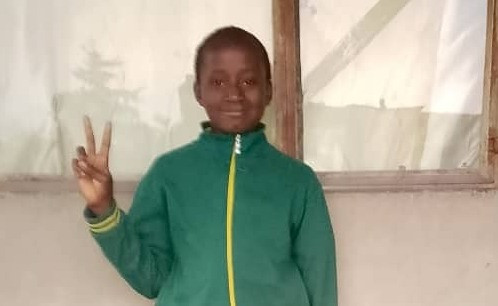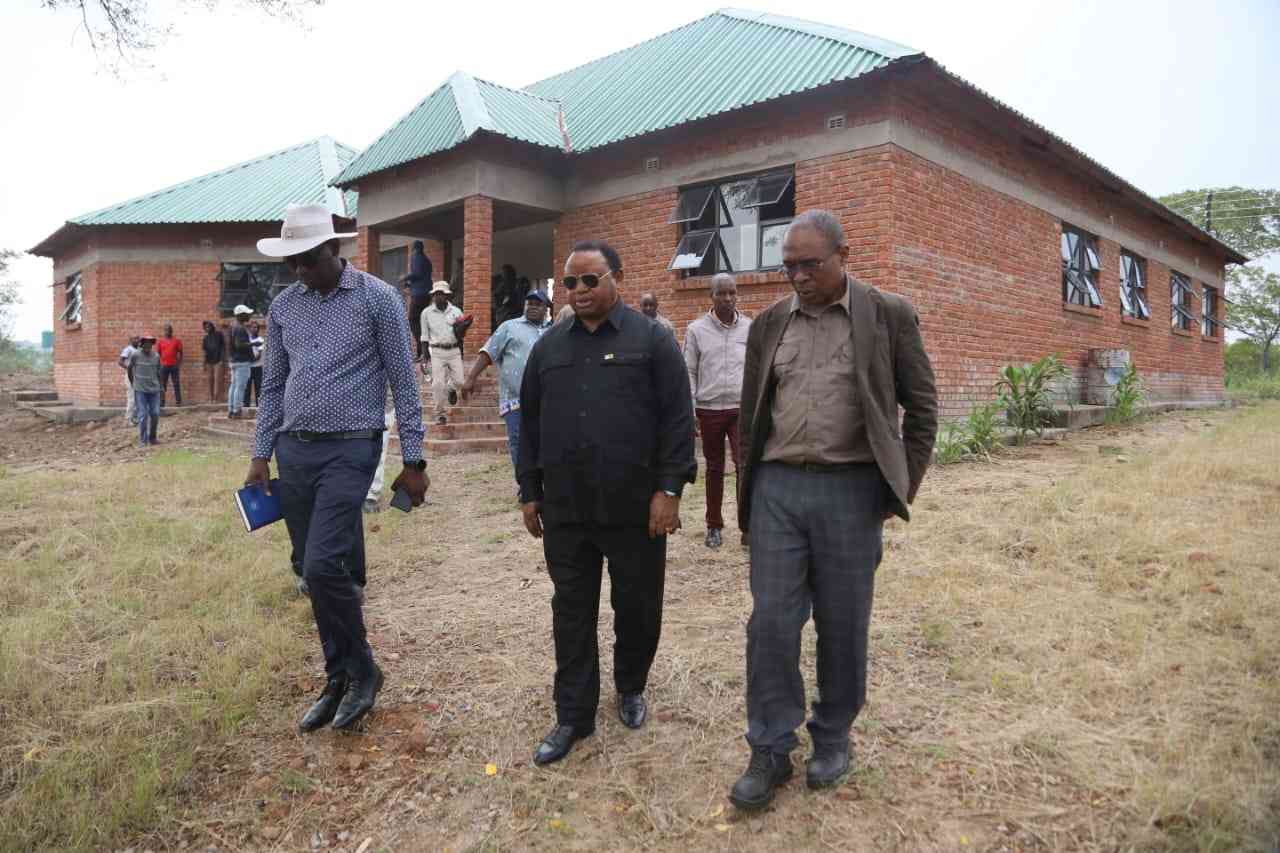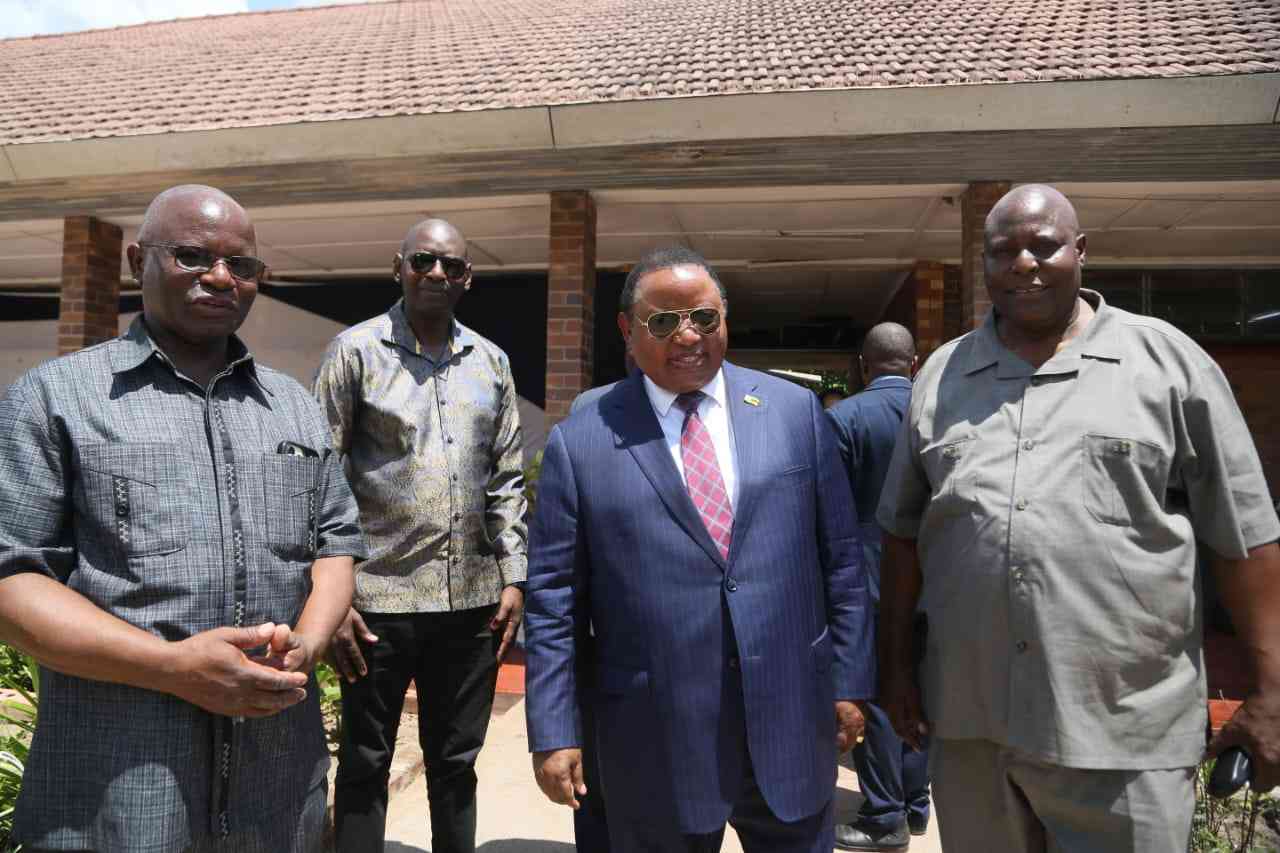
In the quiet, sun-drenched village of Benzi in Zimbabwe’s Zaka District, a 13-year-old girl is rewriting what it means to be a rural artist. Through poetry, Evidence Nyemudzo—a Grade 6 pupil at Manyiri Primary School—is turning ordinary moments into lyrical reflections of Zimbabwean life, culture, and resilience. With a voice beyond her years and an eye for detail sharpened by lived experience, she’s proving that raw talent doesn’t need polish to shine.
“I see stories everywhere—in the fields, in the laughter of children, in the struggles and opportunities of my community,” she says from outside her homestead, barefoot but radiant. “I want the world to hear these stories through my poetry, just like my idols Jah Prayzah, Winky D, and Comic Pastor do through music and comedy. They show that our culture is powerful and valuable.”
Evidence recites her poems with ease—entire verses etched into memory and spirit. Her subjects: women carrying buckets of water, a funeral procession, the rustle of dry maize stalks. These are everyday sights in rural Zimbabwe, yet through her words, they become vivid, reflective, and universal.
Her father, Bornface Nyemudzo, stands quietly nearby as she delivers a moving poem—this one a tribute to a local businessman, on behalf of her church and community. A humble subsistence farmer, he listens with emotion in his eyes.
“She can watch an event, a scene, or even a simple moment and turn it into a poem that carries deep meaning. That’s how gifted she is,” he says. “I’m grateful to the headmaster and teachers at Manyiri Primary School for encouraging her under very tough conditions. But I also know their support can only go so far.”
Nyemudzo is aware of how rare it is for talent from remote areas like Benzi to get the visibility it deserves. “She needs someone—a professional manager or sponsor—who sees what I see. Someone who can help her grow, monetize her poetry, and still keep it rooted in our traditions.”
Evidence’s story is not an isolated one—but it is among the few that rise to public attention. Across Zimbabwe, many rural children possess artistic potential, yet less than 15% participate in structured arts programs. This low uptake is driven by longstanding barriers such as limited access, inadequate infrastructure, and a lack of exposure to national platforms.
Recognizing these challenges, both the government and the National Arts Council of Zimbabwe (NACZ) have begun implementing decentralization measures to broaden participation. Under the devolution agenda championed by the Second Republic, cultural equity has become a guiding principle in national arts policy, with a deliberate focus on ensuring that no one and no place is left behind in Zimbabwe’s socio-economic development.
- Religion: Overcoming doubt and unbelief
- Winky D dominates Trevor’s In Conversation
- Religion: Overcoming doubt and unbelief
- Winky D dominates Trevor’s In Conversation
Keep Reading
Despite constrained national fiscal space, efforts are underway to promote inclusive access through provincial, district, and ward-level arts initiatives. National events ordinarily hosted in Harare have started to be hosted in the deep rural areas like Gokwe. These early-stage programs, while still broadened, aim to uncover and support raw talent in communities often overlooked by mainstream platforms. However, the success and sustainability of these initiatives will depend significantly on increased private-sector involvement and community-based partnerships that can complement public investment.
What sets Evidence apart is not just her talent—it’s her clarity of vision. She is not seeking sympathy; she’s seeking opportunity. “I want to attend poetry festivals, perform for people, maybe even publish my poems one day,” she says. “I know I’m still young, but I believe in my gift.”
And belief, it turns out, is something she has in abundance. “One day, the world will hear my poems,” she smiles. “I just need someone to believe in me as much as I believe in myself.”
Evidence’s story underscores urgent questions about access, visibility, and investment in rural talent. How many other voices—equally powerful—go unheard because they are located far from Harare or Bulawayo? How much cultural wealth remains dormant because the platforms are not reaching the margins?
As Zimbabwe applauds its artists making waves abroad, the story of Evidence Nyemudzo is a quiet call to look inward—to the villages, the dusty paths, the children reciting poems by firelight. Talent knows no geography. And if the creative sector is serious about inclusivity, neither should opportunity.
Whether or not the industry is ready to open its arms to a young barefoot poet from Benzi remains to be seen. But one thing is beyond doubt—Evidence is ready to rise.









